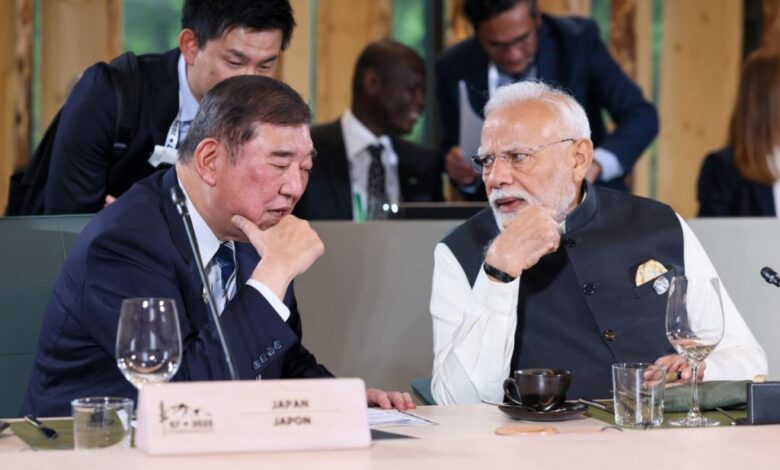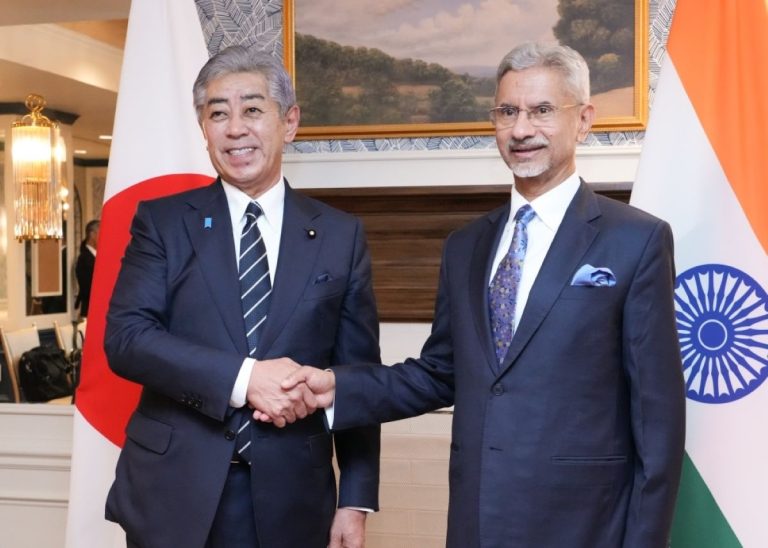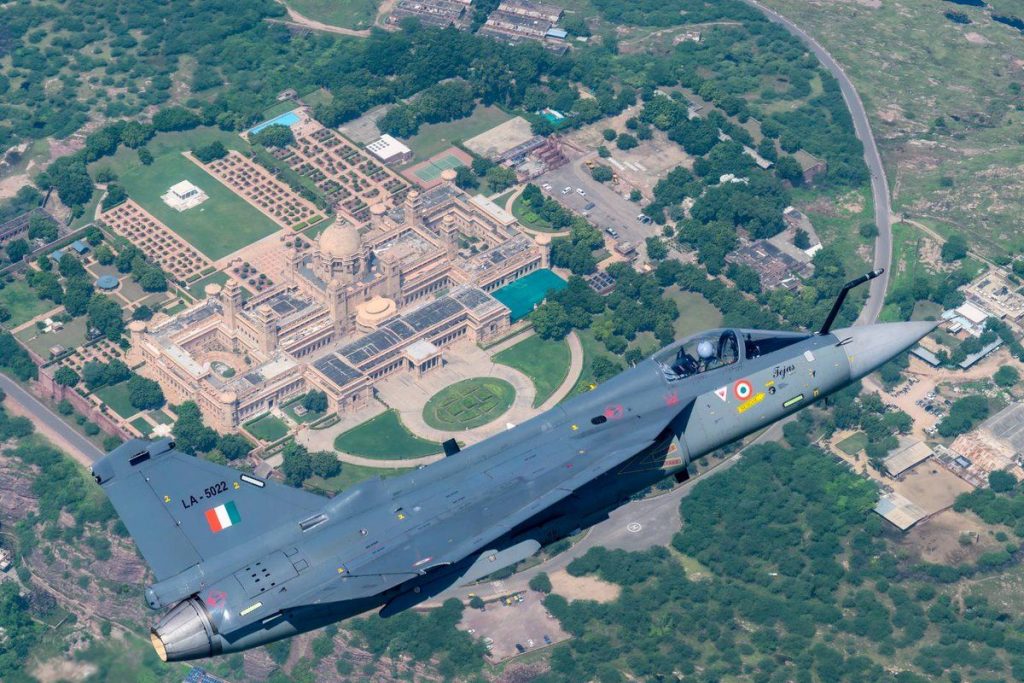India, Japan forge independent Indo-Pacific model beyond superpower influence
India and Japan are shaping a distinctive Indo-Pacific partnership that stands apart from traditional power blocs. Rooted in domestic priorities, the relationship has evolved into a comprehensive framework that blends economic interdependence, maritime cooperation, and technological collaboration. Together, the two nations balance regional pressures while preserving strategic autonomy. With flexibility and sustainability at its core, the Japan-India model offers a unique approach to regional stability and long-term cooperation.

Setting aside big-power rivalries, India and Japan have forged a practical, autonomous partnership rooted in shared interests and complementary strengths. Far from being shaped by outside influence, the Special Strategic and Global Partnership has grown out of their own domestic priorities and regional needs, creating a model of cooperation that stands apart in the Indo-Pacific.

Japan’s post–Cold War security normalization aligned naturally with India’s economic liberalization and eastward strategic orientation. This convergence enabled cooperation independent of superpower-driven arrangements. Economic interdependence was the starting point, as Japan’s capital and technology merged with India’s market and infrastructure demands, supported through Japan’s Official Development Assistance programs, including sensitive projects in India’s Northeast.
The two nations’ reliance on secure sea lanes has created powerful incentives for collaboration. Their 2+2 ministerial dialogue, naval repair agreements, and joint participation in exercises like Tarang Shakti show how bilateral cooperation enhances maritime security while avoiding reliance on third parties. This gives Japan a stronger regional presence and India access to advanced maritime expertise.

While navigating complex ties with China, Japan and India use their partnership to balance regional dynamics without sacrificing autonomy. Their cooperation in the Quad’s Maritime Domain Awareness initiative illustrates how they strengthen situational awareness and maritime security while maintaining flexible strategies tailored to their respective national priorities.
The partnership also extends into critical technology, semiconductors, telecommunications, and defense cooperation. Shared projects, including the Asia-Africa Growth Corridor, create alternative connectivity and supply chain models that reduce dependence on outside powers. Japan’s new security assistance programs further provide India with defense technology while opening new export channels for Tokyo.
The strength of the Japan-India relationship lies in its institutional flexibility, allowing cooperation to advance despite policy differences on sanctions, U.S. relations, or other global issues. Their partnership demonstrates that sustainable regional stability can emerge from pragmatic bilateral cooperation rather than rigid alliances.
Follow The Times Kuwait on X, Instagram and Facebook for the latest news updates













